The Odd Connection between Austrian Fairy Tales and Donald Trump
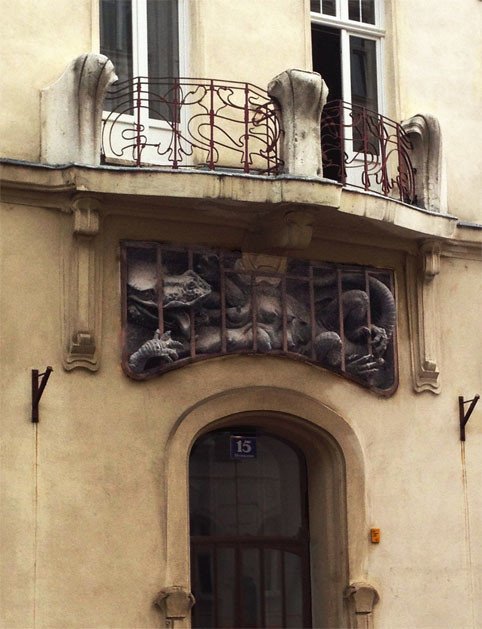
In the late 1800’s two illustrators; Heinrich Lefler and Joseph Urban started creating fairy tale books. They were beautiful gilded images, layered fabrics, and designs, transporting you to another world.
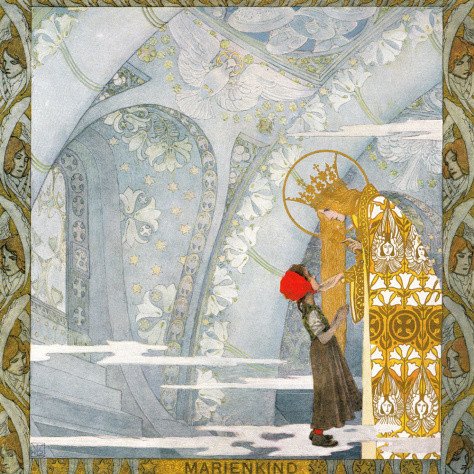
By 1900 they had started their own art movement, slightly in the shadow of the more famous Secession, but no less beautiful. Known as the Hagebund, it was more faithful to the Jugendstil movement with elements of the medieval and fairy tales built into their designs.
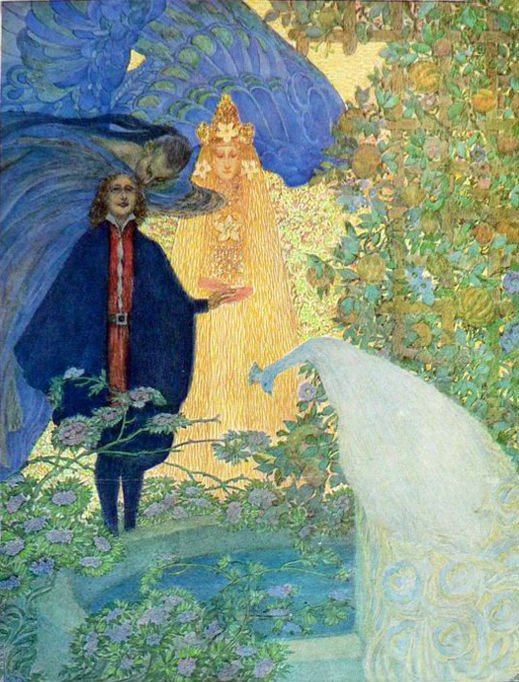
Urban not just content with the printed page began delving into architecture and became fascinated with the purpose of a building to take you into a world of dreams.
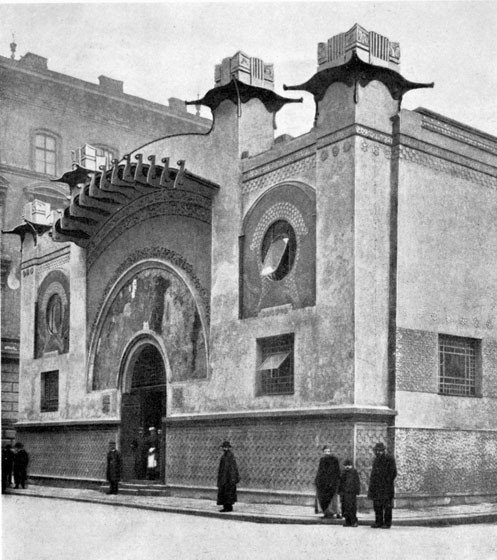
His buildings were pure fantasy which quickly led to him designing for the theater. By 1912 he started designing in the United States for the opera stages of Boston and New York and even for the famous Ziegfeld Follies.
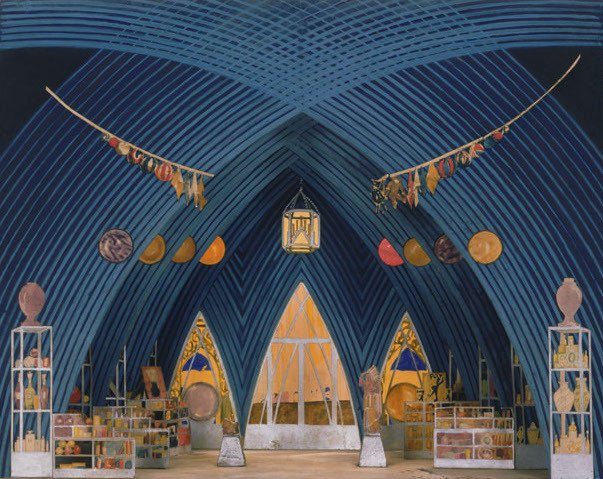
His designs in New York combined elements of the Wiener Werkstatte with the burgeoning art deco movement that would become the iconic signature of New York.
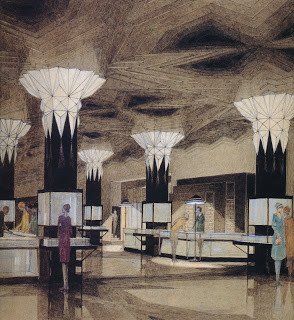
In 1924 the heiress to the Post cereal fortune commissioned Urban to design the interiors of her new mansion. It was to combine the exotic images that Urban had developed throughout his career. There was wall painting similar to the work he had done in the Vienna Rathaus, there was molding that invoked the work he had done on a palace in Cairo, it was a masterpiece of fantasy.
Oh, But what about Trump you ask?
That mansion built in 1924 is Mar-a-Lago, owned by Trump and now known as the Southern White House. No matter what you think of Trump’s policies, Mar Lago succeeded in being a place of fantasy.
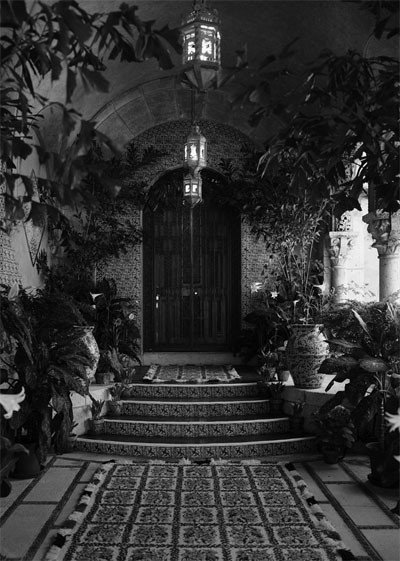
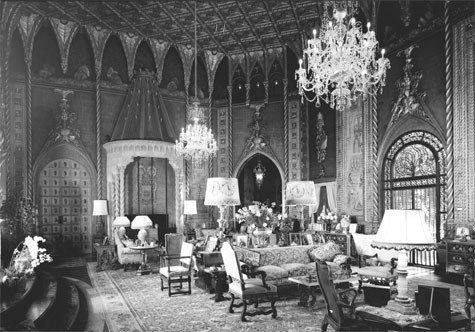
We live in an age of utility, grey boxes with function over design but I still believe architecture can take us to our dreams….

Images:
Dragon Architecture in Vienna, photo from Paul Ballard.
Marienkind, Heinrich Lefler and Joseph Urban, 1907. Image from Wikipedia.
Zedlitzgasse 6, Vienna. Joseph Urban, 1906. Image from the Austrian Forum.
Blue Nursery Scene, set design Joseph Urban, The Ziegfeld Follies, 1931. Image from Columbia University Library
Kaufmann Department Store, Joseph Urban, 1928.
Mar-a-Lago, interiors by Joseph Urban, 1924. Images from Wikipedia /1967.
Additional information from the exhibition "Architect of Dreams: The Theatrical Vision of Joseph Urban" and Wikipedia.